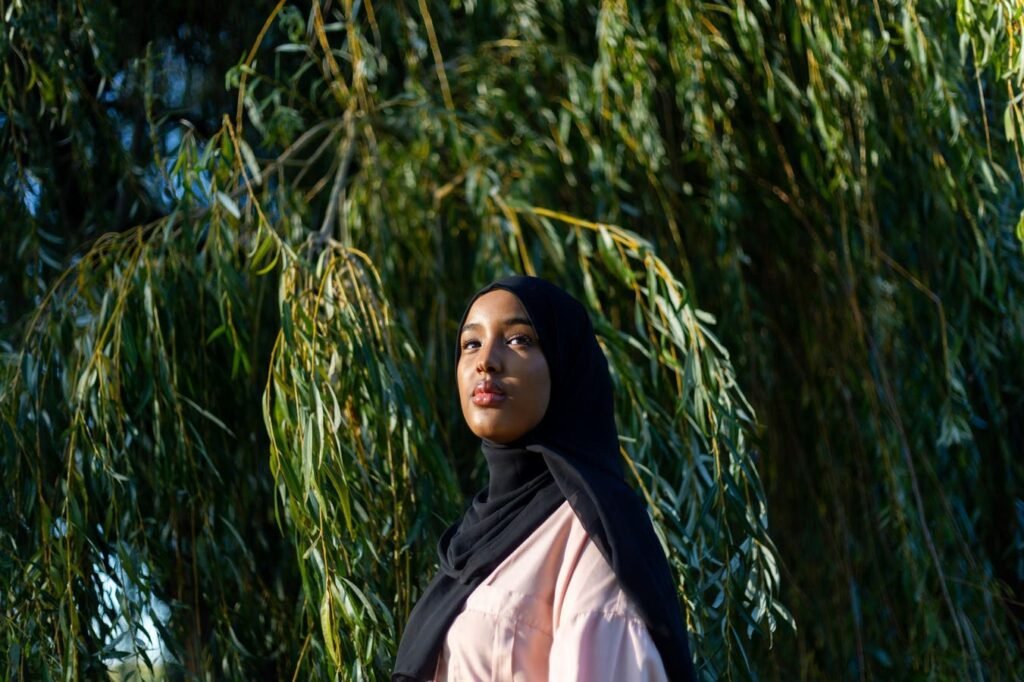Islamic rules on the environment will be at the fore at COP 28 in the United Arab Emirates
The United Arab Emirates (UAE) is considered a relatively progressive Muslim country with a vibrant multi-ethnic community and is also home to the International Renewable Energy Agency (IRENA). The country also sees itself as a universal place of talks, especially since then officially recognized Israel and opened diplomatic relations with the country in 2020. As the host of the 28th Conference of the Parties to the United Nations Framework Convention on Climate Change (UNFCCC – COP 28), it is now under unprecedented scrutiny for its environmental performance. Religion also featured prominently in the talks, with the government not shying away from its Islamic identity.
In October 2023, the country hosted the World Summit of Faith Leaders, which brought together 28 religious leaders to sign the “Consciousness Summit: United for Planetary Resurrection” known as the “Abu Dhabi Interfaith Declaration for COP28”. A Changemakers Majlis, titled “Faith and Science: Actioning an Ethic of Care for the Environment” was also held during the summit and brought together religious leaders, scientists and decision-makers to promote knowledge sharing and confidence building for a safer and more sustainable world.
Hosting such an event, and its high-level meetings the president of the conference Dr. Sultan Ahmad Al Jaber with religious leaders such as Pope Francis was a hallmark of COP 28’s “big stage” approach to solving climate change problems. The UAE also responded to criticism of its willingness to embrace and work with fossil fuel companies as part of the COP 28 reform agenda by pointing to the need for balance and pragmatism. This approach is often justified on the basis of its Islamic understanding “mizaan” or balance. The UAE has also directly linked Islamic law and “fatwas” to the COP 28 agenda. The “UAE Fatwa Council” held a separate meeting on 8 November 2023, with scholars as well as politicians to highlight Islam’s role in promoting a more climate-friendly ethos.
The time horizon from 2015, when the first “Islamic Declaration on Climate Change” started, until 2023, when a Muslim country hosts the largest climate change conference in history, has seen an increase in Islamic engagement with environmental norms. While there is still considerable disagreement within Muslim states over the prioritization of environmental issues in the portfolio of global problems, the leadership shown by some countries such as the UAE in advancing the renewable energy agenda and decarbonisation more generally is a promising sign. Islamic theology is invoked to promote environmental norms and many of the anthropocentric voices of the earlier days of environmental education in Muslim countries are less pronounced. Instead, a pragmatic approach aligned with ecological modernization is taking root in much of the Muslim world.
Technologies such as carbon capture and storage or converting carbon emissions into useful products are being promoted as win-win options in many of the fossil fuel economies, which continues to cause concern among environmentalists. The “moral hazard” of technological optimism in many of the richest Muslim countries could lead to complacency about reducing the consumption of natural resources. Islamic stigmatization of israf (waste) and tabdhir (exaggeration) deserve further invocation to mitigate the moral hazard concerns of “techno-optimism”. With such a confluence of collective action towards environmental standards that take into account green technologies and the reduction of overall consumption, Islamic countries in the Middle East can move more quickly towards a more sustainable economic and social profile.
